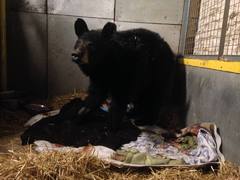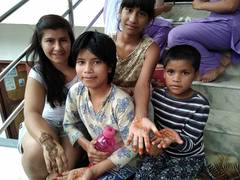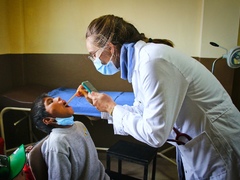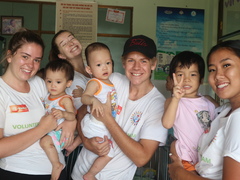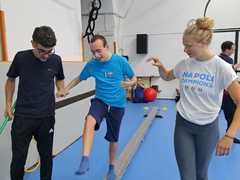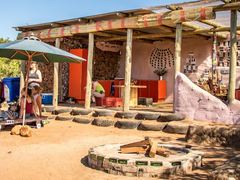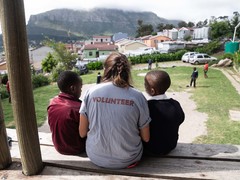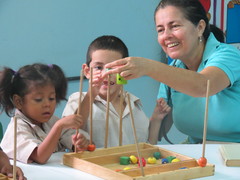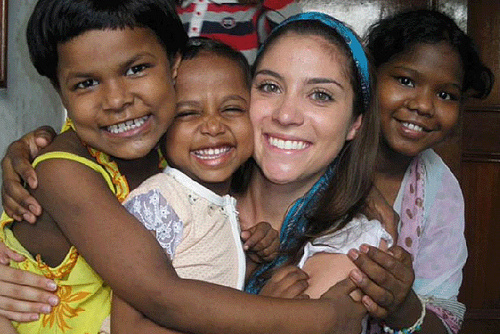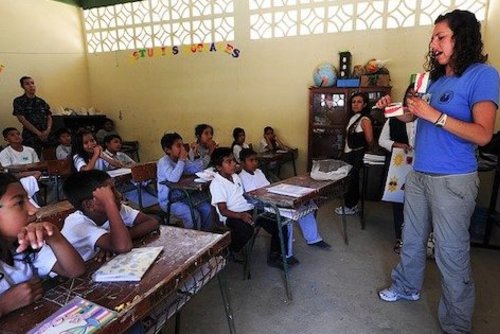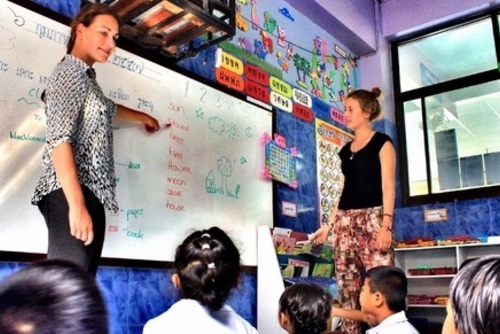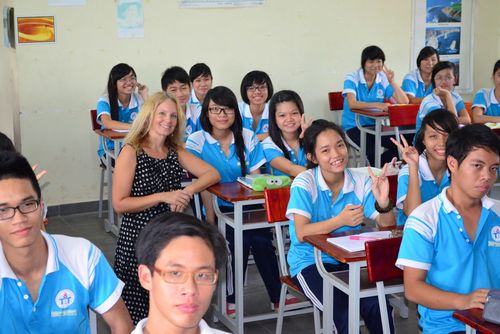Kitega Community Centre is interdenominational and serves all people without prejudice. We aim to make the world a better place by creating a healthy environment where everyone is happy.
For a long time, the centre has focused on children with learning difficulties who have been rejected by their parents. The parents believed that the children’s disabilities were linked to curses and evil spirits, and thus many parents overlooked the children’s needs, well-being, and basic human rights.
Kitega Community Centre intervened to show that with the proper educational and social-emotional support, children with disabilities can learn the skills to be self-sustaining and to make positive contributions to their families and communities.
The centre's work is organised around empowering children with disabilities to meet their full potential for a high quality of life and leveraging the community to build and support and environment of inclusivity that respects the rights of people with disabilities. Thus the centre is also involved in a number of community development projects.
Kitega Community Center welcomes volunteers from around the world. The centre relies on volunteers to achieve its goals. Please see below for a list of projects that might interest you; opportunities include placements in our education, community outreach, building and infrastructure improvements, and health care programs. You are also welcome to suggest relevant projects that you wish to carry out.
General Requirements:
- You will need to apply using our online volunteer application form, alternatively, you can request a Word Application Form and send it back to us via email. (Please see the Volunteer Information section).
- We require no formal qualifications; however, volunteers should be above 18 years old. Special consideration is given to individuals below 18 years old who are traveling with a team, group or family.
Volunteers should possess the following attributes:
- 1. A reputable background
- 2. An ability to work under minimal supervision
- 3. Creativity and motivation to implement projects that will benefit the community
- 4. Good communication skills
- 5. Ability to adapt to different cultures
- 6. Friendliness and a desire to make a difference in the lives of disadvantaged children and their communities


